Have you been looking to get healthy food picks for your hens? Can chickens eat tomatoes? Tomatoes are really good for your chickens because they have a lot of healthy stuff like vitamins B9, K, and C, potassium, fiber, and antioxidants. Chickens aren’t particular about their food, so they like eating tomatoes whether they’re cooked or raw.
In this blog, I’m going to share why tomatoes are a fantastic addition to your chickens’ diet, including how they benefit from the nutrients in tomatoes and the best ways to safely introduce them to these tasty treats. Can Chickens Eat Banana With Peels
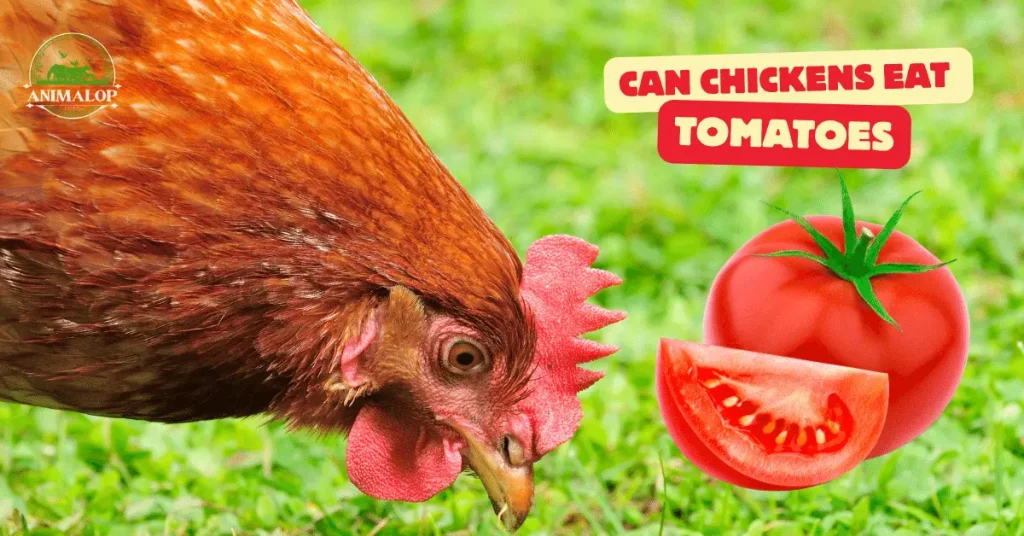
Can Chickens Eat Tomatoes?
Tomatoes are packed with good nutrition’s like potassium, antioxidants, and fiber, plus great vitamins, a healthy snack for them. But, because tomatoes come from the Nightshades family, they have a toxin called lectins that can be harmful to both people and animals.
The good news is, cooking tomatoes breaks down these toxins. Even though we often eat tomatoes raw, a little bit won’t hurt you or your chickens, as long as the tomatoes are ripe.
But when can chickens start eating tomatoes? Chickens can enjoy tomatoes at any age, except for very young chicks who haven’t started eating solid food yet.
Can Chickens Eat Tomato Seeds?
All kinds of chickens can eat ripe tomatoes, even the raw ones. This means they can munch on a whole tomato, seeds and all, without any problems, even if you just toss it to them.
Just remember, only the tomato itself is safe. The rest of the tomato plant isn’t good for your chickens.
Benefits of Feeding Tomatoes for Chickens
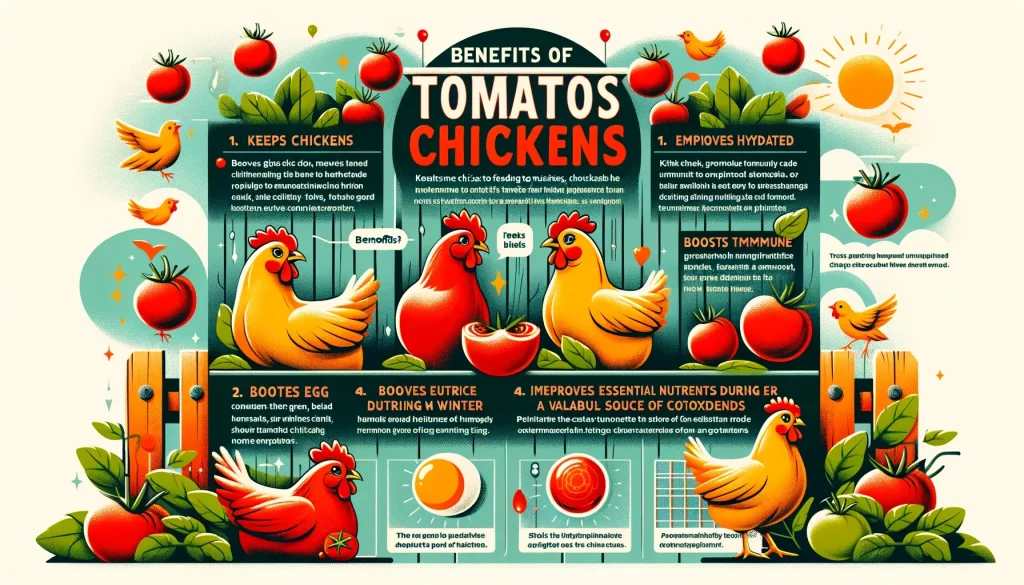
It Can Help Make the Eggshells Stronger
Giving your chickens tomatoes to eat could lead to stronger eggshells. The vitamins and minerals in tomatoes, especially calcium and vitamin D, contribute to the health of the eggshell, making it less likely to crack or break.
Keeps Chickens Hydrated
Tomatoes have a high water content, which is great for keeping your chickens hydrated, especially during the hot months or in winter when water sources might freeze.
Boosts Their Immune System
The nutrients found in tomatoes, like vitamins C and A, are essential for a strong immune system. This means your chickens can fight off illnesses better, keeping them healthy and happy.
Improves Egg Yolk Color
The antioxidants in tomatoes, such as beta-carotene, help improve the color of egg yolks. A richer yolk color is often a sign of a healthy, well-nourished chicken.
Provides Essential Nutrients During Winter
In winter, when fresh greens are scarce, tomatoes could be a great source of necessary minerals and vitamins. This helps ensure your chickens stay nourished even when their regular diet might lack variety.
A Valuable Source of Antioxidants
Tomatoes come with high antioxidants like lycopene, lutein, and beta-carotene. As a result, these substances prevent your chickens’ cells from getting damaged, improving their overall vitality and health.
Remember, while tomatoes are beneficial, they ought to be indulged into a balanced diet in moderation. Always choose ripe tomatoes and avoid feeding your chickens the leaves or stems of the tomato plant, as they can be toxic.
Risks of Feeding Tomatoes To Chickens
Tomato Leaves Are Bad for Chickens
Chickens shouldn’t eat the leaves of tomato plants because they come with a toxin known as solanine. This toxin is also in the stems and flowers of the plant. If chickens eat these parts, they might get stomach aches, feel tired, have diarrhea, or even have trouble with their nerves.
To keep your chickens safe, make sure they can’t get to your tomato plants. You ought to put up a fence or plant your tomatoes somewhere your chickens can’t go. Usually, chickens don’t like the bitter taste of the leaves and won’t eat much of them.
Nightshade Plants Can Be Dangerous
The tomato belongs to the nightshade family, along with pepper, eggplant, and potato. Some plants in this family have toxins that can be bad for chickens.
Even though ripe tomatoes are okay for chickens, be careful with other nightshade plants. Always check if a plant is safe before giving it to your chickens, and don’t give them parts of the plant that might have toxins.
Too Many Tomatoes Can Mess Up Their Diet
While tomatoes are good for chickens in small amounts, eating too many can mess up their diet. Chickens need a balanced diet with a good chicken feed that gives them all the nutrients they need.
If they eat too many tomatoes (or other snacks), they might not eat enough of their regular food. This can lead to not getting enough nutrients and health problems.
How Many Tomatoes Can Chickens Eat?
Don’t give chickens tomatoes too often because they might start ignoring their regular food if they get too many treats.
It’s best to give them tomatoes in small portion. Cutting the tomatoes into pieces helps you control how much they eat. Giving them tomatoes about three times a week is good for their health.
Feeding them tomatoes in the winter is a great idea because eating more helps them stay warm in the cold.
How to Feed Tomatoes to Chickens?
Remember, tomatoes are just a treat for chickens, so don’t give them too many.
When you give them tomatoes, put them where your chickens hang out during the day or in their coop. If you’re feeling lazy, it’s okay to just drop them on the ground or grass, but make sure the spot is clean and not covered in poop.
The best times to feed them tomatoes are early mornings. That’s because this is when your chickens usually come together, and they really enjoy eating juicy tomatoes as a group.
Ripe vs. Unripe Tomatoes
Just like humans, chickens prefer their fruits ripe, especially tomatoes. Ripe tomatoes are not only tastier for them but also safer.
You can tell a tomato is ripe when it turns orange or red and feels soft.
But what about green tomatoes? Can chickens eat those?
As mentioned before, green tomatoes aren’t safe because they still have a toxin called solanine, which is poisonous.
So, if you end up buying green tomatoes, it’s best to wait until they’re ripe before you feed them to your chickens.
Cooked vs. Uncooked Tomatoes
Mostly people like to eat raw tomatoes and also give them to their chickens that way.
If you want to play it extra safe with your chickens, you can cook the tomatoes for just a couple of minutes to make them into a juicy snack.
But remember, adding stuff like salt to the tomatoes when you cook them is not good for your chickens, so don’t do that.
Cooking tomatoes could lower their vitamin C content. Even if that’s true, cooked tomatoes still have plenty of nutrients that are good for your chickens.
FAQs
Final Thoughts
So, I’ve talked about feeding tomatoes to your chickens. But can chickens eat tomatoes along with their seeds, stem, and leaves?
Well, it’s a yes and no situation. Chickens can eat ripe tomatoes just fine, but they should stay away from the leaves, stems, flowers, and any green or unripe tomatoes because they contain solanine, which is bad for them.
Also, don’t give them moldy tomatoes. Make sure the tomatoes are ripe before you give them to your chickens.
It’s not worth putting your chickens’ health at risk over a few bad tomatoes.

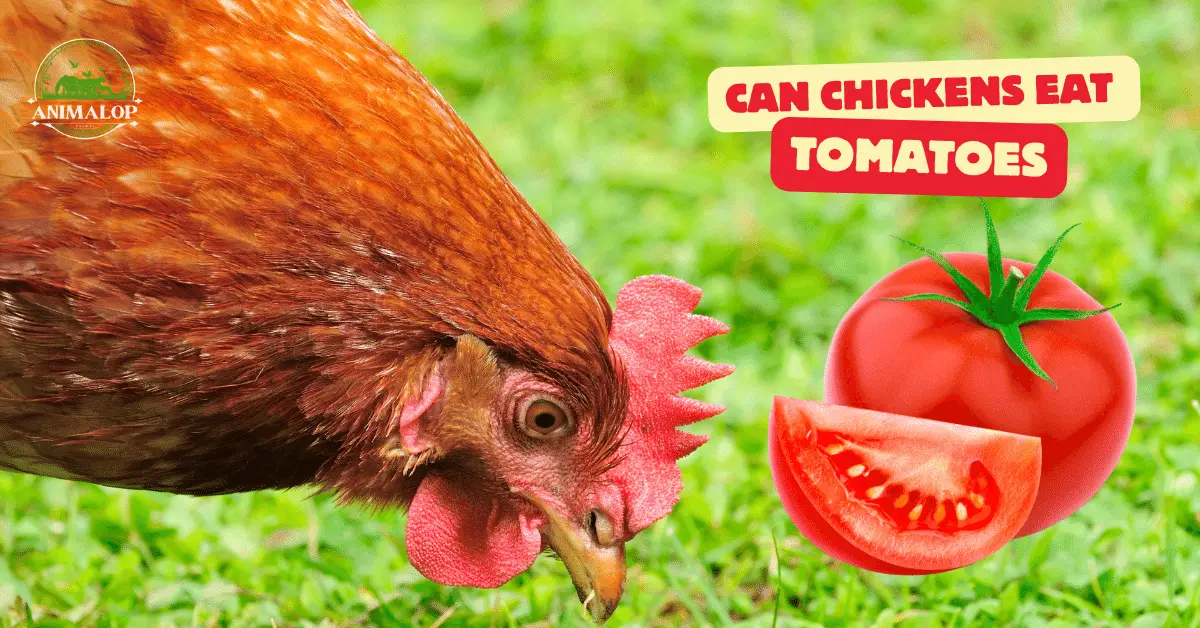
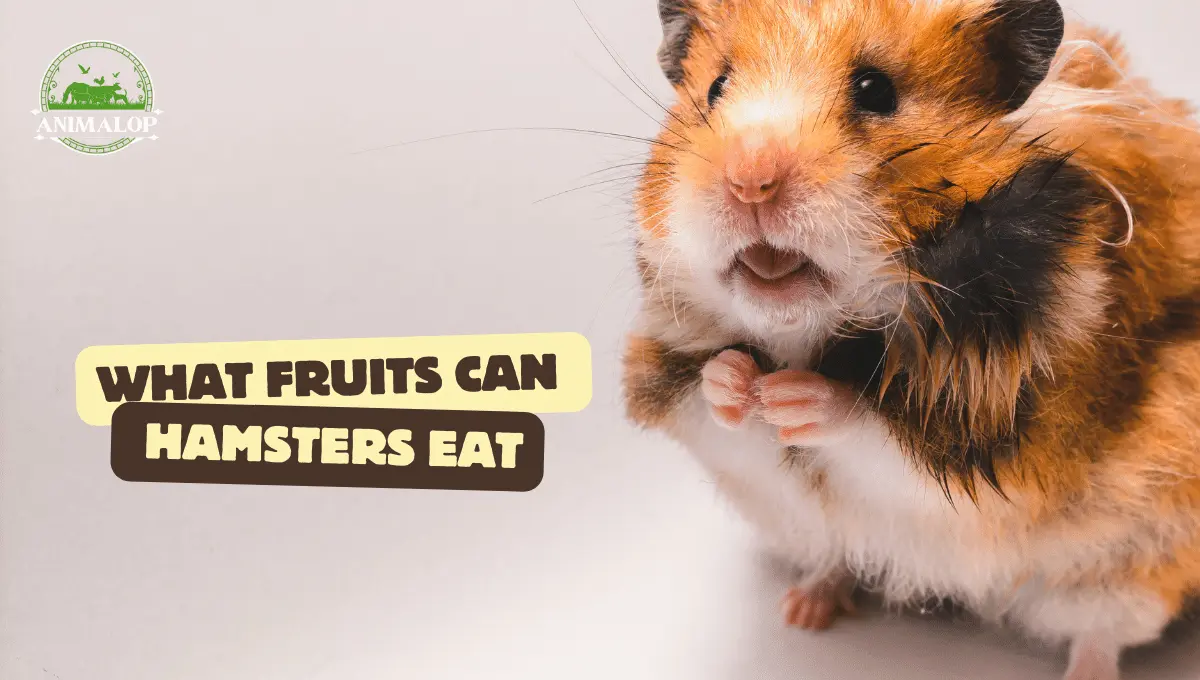
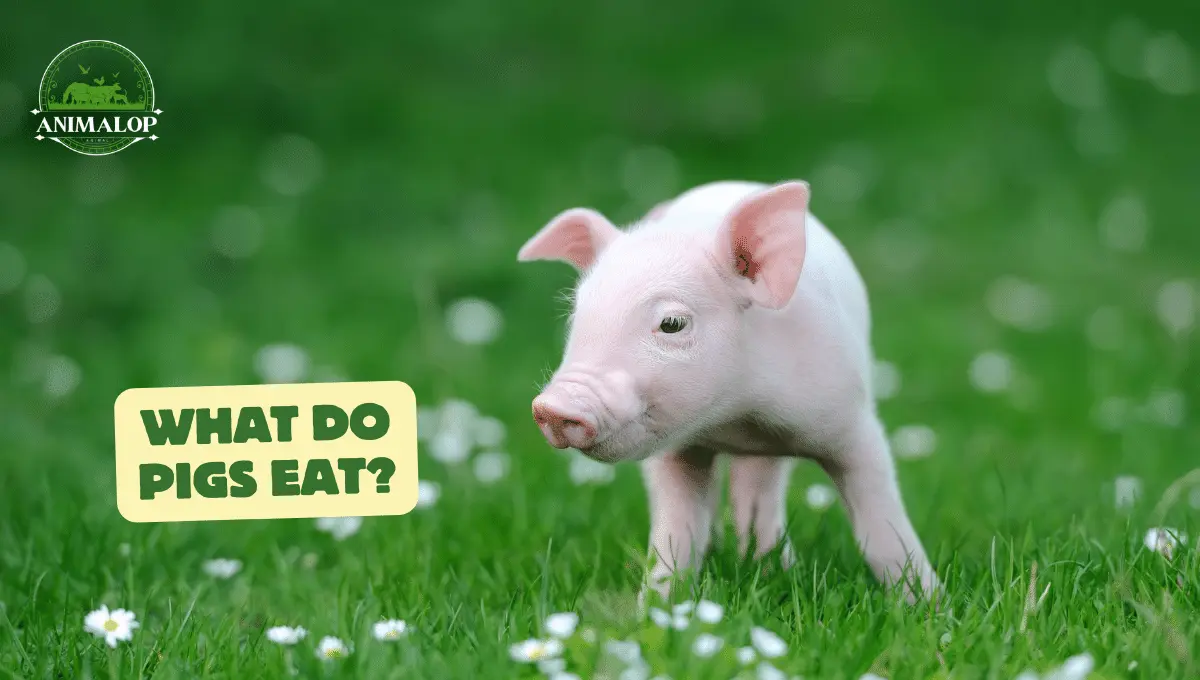
2 Comments on “Can Chickens Eat Tomatoes: 6 Health Benefits & Potential Risks”